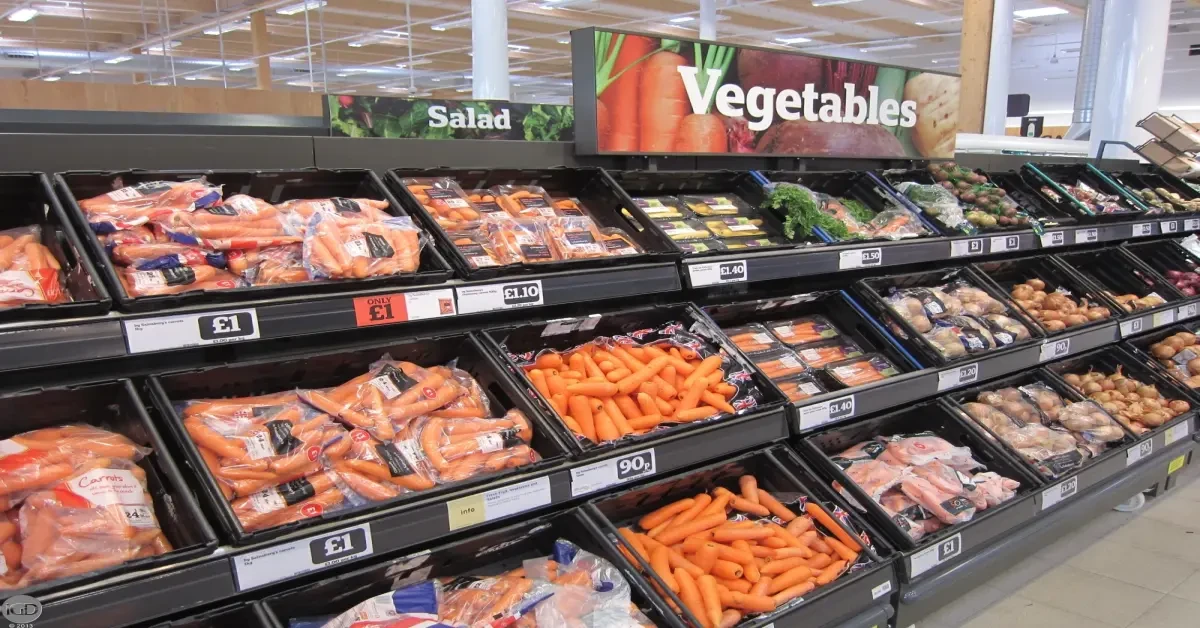
A joint initiative by Sainsbury’s and Schoeller Allibert, the UK’s largest manufacturer of plastic reusable transit packaging (RTP), has picked up first prize in the Environmental Solutions category at the 2014 Food Processing Awards.
After being shortlisted by a panel of industry experts, voting was placed in the hands of Food Processing readers who were impressed by the environmental savings achieved by the crate recycling project which is the first of its kind in the UK. The project centred on a fleet of 2 million RTP crates used by Sainsbury’s which were nearing the end of their working life. In the past, food-grade crates could not be fabricated from recycled plastic as the safety of the material could not always be guaranteed. However, as Sainsbury’s existing trays had been used in a closed distribution loop and therefore traced at all stages of their life cycle, it would be possible to recycle them into new foodgrade containers.
Schoeller Allibert therefore set about gaining approval under the European Food Standards Authority (EFSA) for its recycling processes in order to guarantee the safety of its recycled plastic crates for direct contact with food. The result is the first plastic RTP in the UK to be 100 per cent recycled while also being safe for contact with food including fresh produce, meat and fish, and bakery products. Coming in at a significantly reduced capital cost to Sainsbury’s compared with new crates made of virgin material, the products moulded from recycled material are fully compliant with Article 4 of the EU Regulation 282/2008.
Simon Moulson, head of key accounts at Schoeller Allibert, commented: “By achieving EFSA accreditation for our recycling processes, we can offer retailers safe, hygienic, food-grade containers made from recycled materials – delivering significant environmental benefits as well as cost savings. Achieving a prestigious award in recognition of this industry-leading development is very gratifying after the hard work invested in the project.”
Blanche Armstrong, the Project Manager from Sainsbury’s commented: “We’re delighted to receive this award with Schoeller Allibert in recognition of the crate recycling project. This project not only drives efficiency within the supply chain, but also supports our ambition to adopt more sustainable practices at Sainsbury’s. It’s a project we’ve been proud to be part of and it’s great to be acknowledged by the industry.”
The already impressive carbon footprint impact of using RTP in for fresh produce supply is further improved by recycling RTP and reusing the resulting material. Plastic returnable transit packaging (RTP) is traditionally popular with fresh produce retailers, offering a sturdy and hygienic transport option for delicate and soft products which doubles up as a display unit. RTP containers can be nested, meaning more containers can fit within vehicles – reducing the number of trips and thus cutting transportation costs and fuel emissions.